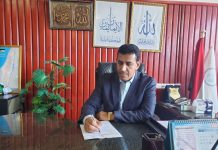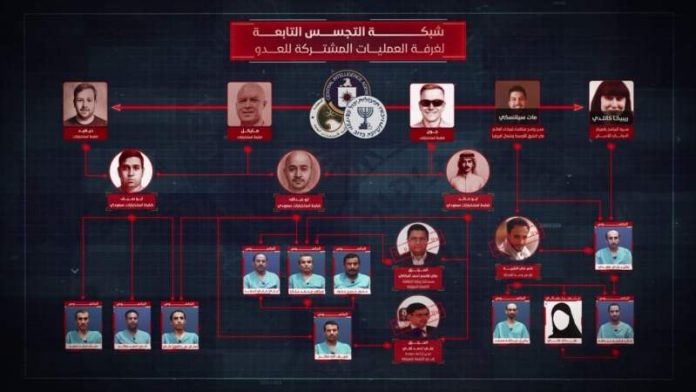The Yemeni Interior Ministry has exposed the operations of a sophisticated spy network aimed at undermining Yemen, revealing advanced techniques, covert missions, and extensive foreign supervision. According to confessions from those arrested, the network operated under the guidance of American, Zionist, and Saudi intelligence officers.
The operatives underwent a series of local and regional trainings between 2018 and 2019, including surveillance, monitoring, and evaluation courses, as well as “train-the-trainer” programs designed to build social cohesion and mask hostile objectives under the guise of development and humanitarian projects.
The network employed advanced espionage equipment, including camera-equipped remote-controlled vehicles, internet and Bluetooth interception devices, laptops, live-streaming apps, and GPS-linked cameras and modems, all designed to transmit data directly to supervising officers. Operatives were trained to use these tools, report coordinates, document missions visually, and employ camouflage and concealment techniques to avoid detection.
Their missions focused on gathering detailed intelligence on buildings and facilities, tracking the number of floors, entrances and exits, surveillance cameras, guard positions, and internal activities. They monitored military and civilian leaders, military sites, missile and drone launch locations targeting occupied Palestine, and workshops and technicians involved in production—all part of a US-Israeli-Saudi effort to weaken Yemen’s pro-Palestinian stance by targeting its Armed Forces’ capabilities.
The confessions further revealed that development projects were used as a cover for recruitment and operations, with strict rules prohibiting direct contact with supervising officers and regular meetings held only on Tuesdays and Thursdays to maintain operational security.
Vehicles equipped with cameras and mobile apps were deployed to document government facilities, streets, vehicles, and other key locations. The network also gathered intelligence on political, military, and security leaders, their daily routines, military infrastructure including missile units, drone programs, production workshops, and technical personnel. Civilian and strategic facilities were similarly surveilled, with the collected information transmitted to foreign officers for potential targeting.
All activities were carried out under the direct supervision of American, Israeli, and Saudi officers using sophisticated programs for camera control, live streaming, secure file transmission, and daily tracking of targets. The detailed confessions highlighted not only the advanced techniques of the foreign-led espionage operation but also the vigilance and growing capabilities of Yemeni security forces, which successfully detected and neutralized the network.
This achievement underscores Yemen’s readiness and determination to confront hostile plots.




















